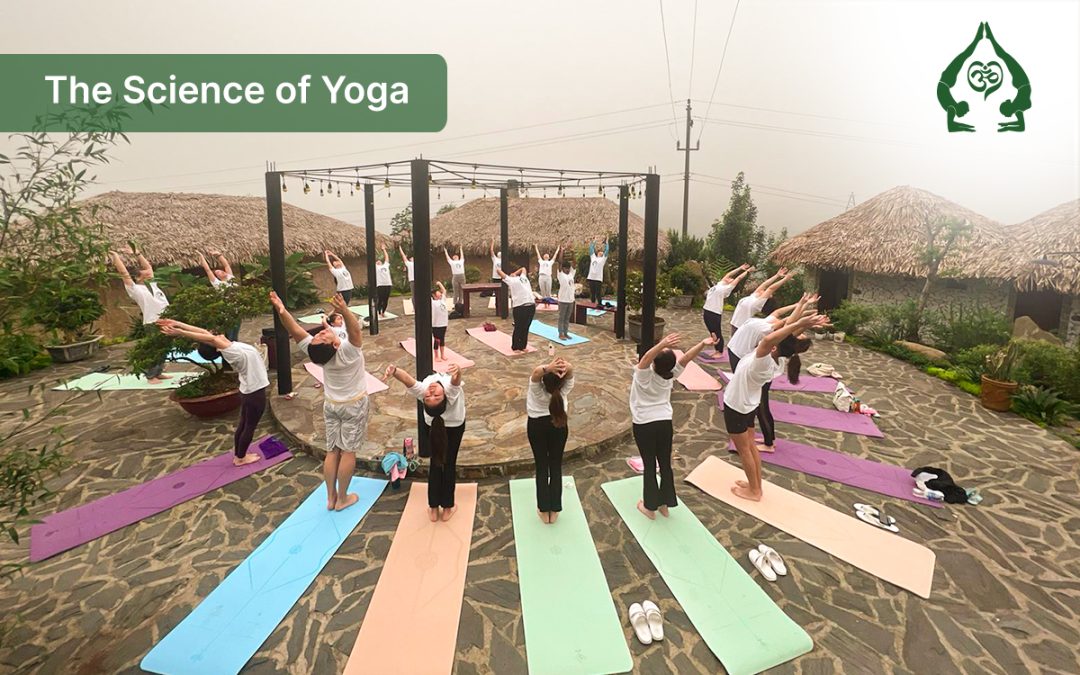Yoga has been practiced for thousands of years, and its popularity has only continued to grow in recent times. Beyond the physical poses or asanas, yoga offers a holistic approach to well-being, incorporating breathwork, meditation, and mindfulness practices. The ancient practice has been scientifically proven to have a wide range of physical and emotional benefits, from reducing stress and anxiety to improving cardiovascular health and boosting immunity.
Yoga has many well-known and widely acknowledged physical advantages. Yoga can improve flexibility, balance, and posture, and it can also help build strength in the muscles and bones. Regular yoga practice can enhance joint health and reduce the risk of injury, making it an ideal exercise for people of all ages and fitness levels.
Yoga has been shown to have a positive impact on mental and emotional health, reducing symptoms of anxiety and depression and promoting feelings of calm and inner peace. Yoga is also an effective tool for managing stress, with research suggesting that regular yoga practice can lower cortisol levels, the body’s primary stress hormone.
One of the key reasons why yoga is so effective at improving both physical and emotional well-being is its focus on the mind-body connection. Through the practice of yoga, we learn to cultivate awareness of our bodies and our breath and to connect with the present moment.
Thus, the science behind yoga reveals that the practice offers numerous physical and emotional benefits, making it an excellent tool for improving overall well-being.

